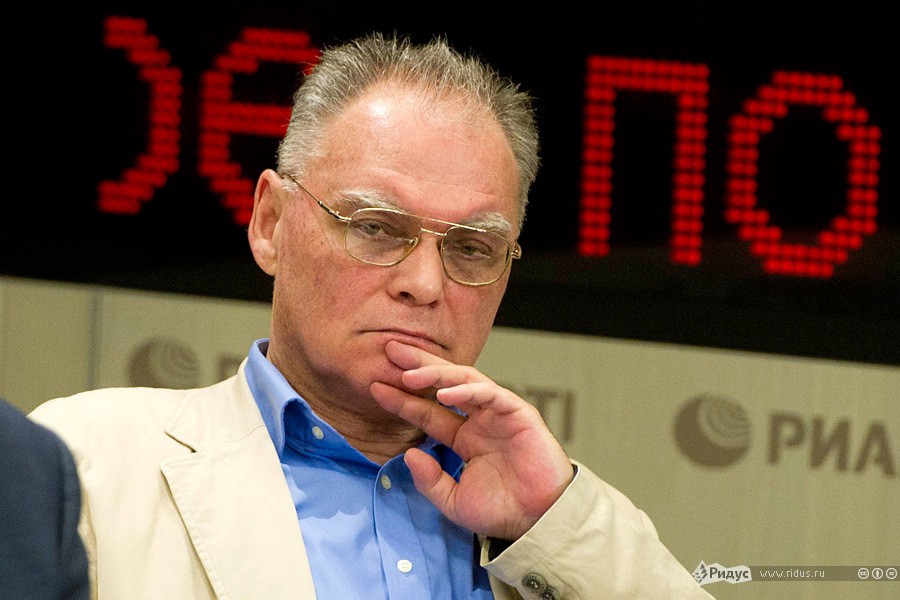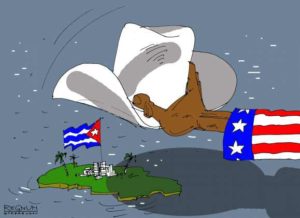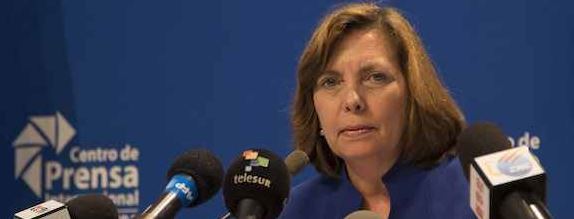
Russian analyst: New U.S. policy is to undermine Cuban society
Although diplomatic relations between Cuba and the United States have ostensibly improved, the plans hatched in Washington for the island remain the same, opines Russian politologist Aleksei Zudin.
According to the analyst, an expert at the Institute of Socioeconomic and Political Studies in Moscow, the new U.S. policy actually represents “a change in tactics, not in strategy.”
“It seems to me that the main action has gone behind the scenes,” he said in a Sputnik Radio interview, quoted by RIA Novosti.

“When the U.S. announced the transition to the new policy and the restoration of diplomatic relations with Cuba, it was in fact recognizing that the policy of sanctions that it maintained for half a century had gone into bankruptcy,” he said.
In December 2014, Obama announced the start of a normalization in bilateral relations with the island and the “softening” of U.S. sanctions.
“The United States has not achieved its main goal — to overthrow the regime that exists in Cuba,” Zudin said. “However, its objectives have not changed, and proof of it is that the economic sanctions still have not been lifted.”
Now that the U.S. has understood the failure of its campaign against Cuba, “it can be assumed that it will begin to use new economic, financial and technological tools to achieve the same objectives it stated 50 years ago.”
Zudin believes that the U.S. will try to “penetrate” the Cuban society through the Cuban elite to repeat a scenario that it has already tested in other countries — a “color” or “flower” revolution.
However, he cautions, the Americans will have serious difficulty turning their plans into reality. “Both the elite in power and the modern Cuban society are products of the blockade and the long-term siege. The amount of their tenacity and the level of their resistance are a lot greater than in any other country.”
Besides, one of the most delicate problems between the two countries, the status of the Guantánamo Naval Base, will hardly be solved quickly because the U.S. is not willing to return the base to Cuba.
“[Washington] is afraid that the Americans’ place in Guantánamo will be occupied by the Russians or the Chinese,” the expert concluded.

[At a press conference in Havana on Monday, May 16, Josefina Vidal, Cuba’s chief negotiator at the U.S.-Cuba Bilateral Commission meeting, called again for the lifting of the U.S. trade embargo against Cuba. For details, click here and here. Spanish text can be accessed here.]
[From RIA Novosti and Sputnik Radio.]
Photo at top: Aleksei Zudin, member of the Institute of Socioeconomic and Political Studies in Moscow.

